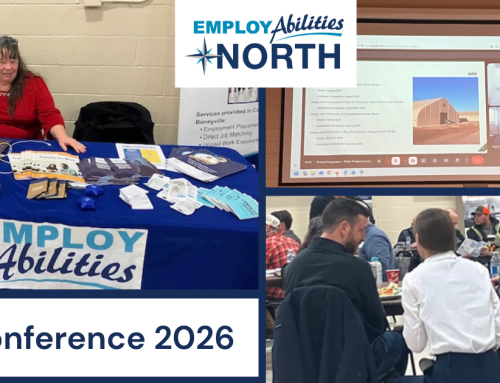
Employers in Alberta have a duty to accommodate under the Alberta Human Rights Act. That duty to accommodate means they must make every reasonable effort to meet the needs of a person living with a disability to complete their tasks and succeed at their job.
For example, an employer can accommodate you by allowing flexible work hours or providing physical accommodation like a wheelchair ramp if required.
When does the employer not have to provide accommodation?
There are some instances where an employer doesn’t have to make accommodations. For example, if the accommodation is likely to cause safety and health risks. They also don’t have to make an accommodation if it will cost the company too much money, and there is no funding available for the accommodation.
A common misconception is that accommodations are costly. In most cases, they have very little or zero cost to the employer and are easy to provide. In many cases, accommodation might be as easy as allowing short breaks or flexible hours. These accommodations cost the employer nothing.
What are more examples of accommodation?
There are many ways an employer can accommodate the needs of an employee who lives with disabilities. Here are a few:
- Flexible work hours. For example, working from home or part-time hours.
- Accessible parking
- Specific training for a different job
- Handrails, wider doors, ramps, etc.
- Adaptive technologies like special software or office furniture
Every person will have different accommodations, so you should research what the job requires and what you might need to succeed at it. If your needs change over time or new technologies arise, you can ask your employer for different accommodations.
Be honest with your employer
Remember, it is your choice to tell your employer about your disability, but they can only accommodate your disability if they know about it. So be honest with your new or current employer, so they understand what accommodations you might need and how that will help you be more productive and successful at work.





